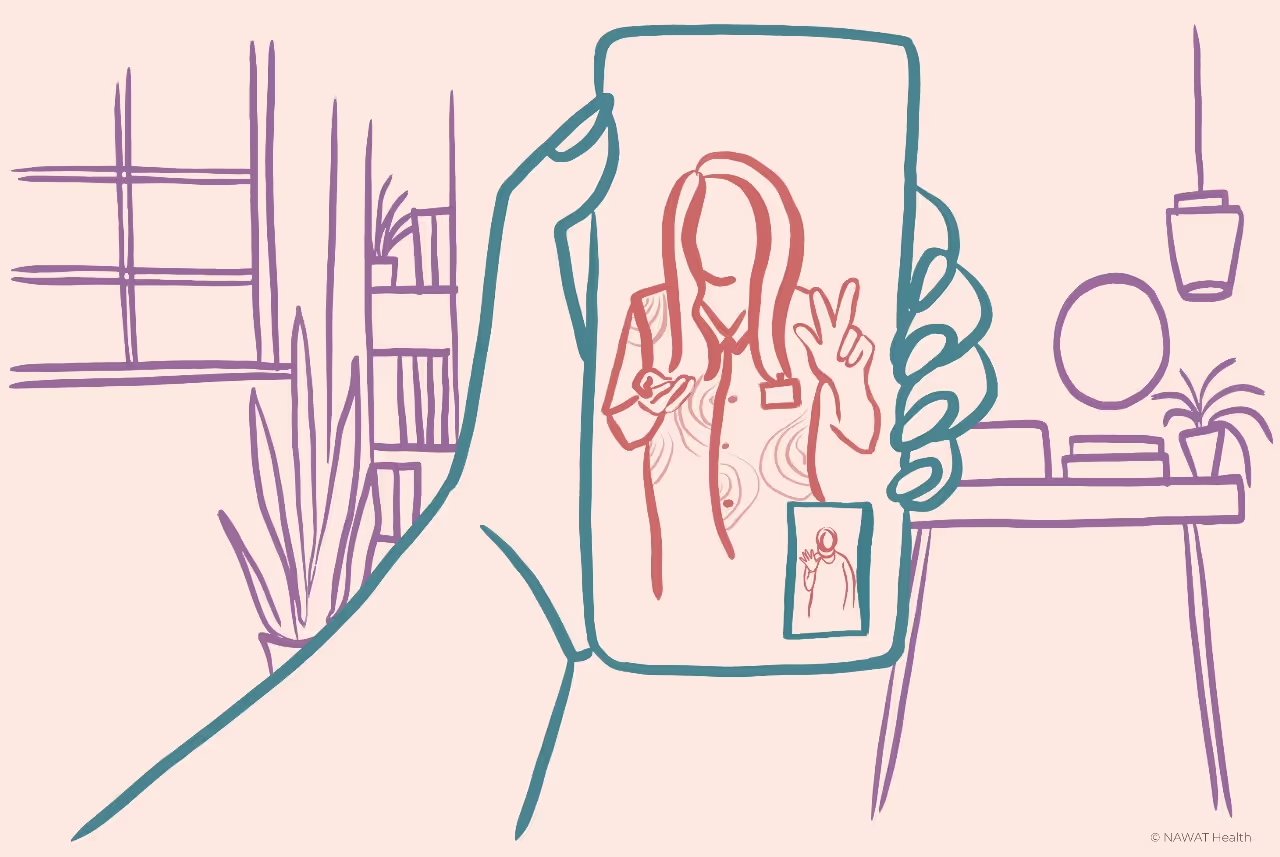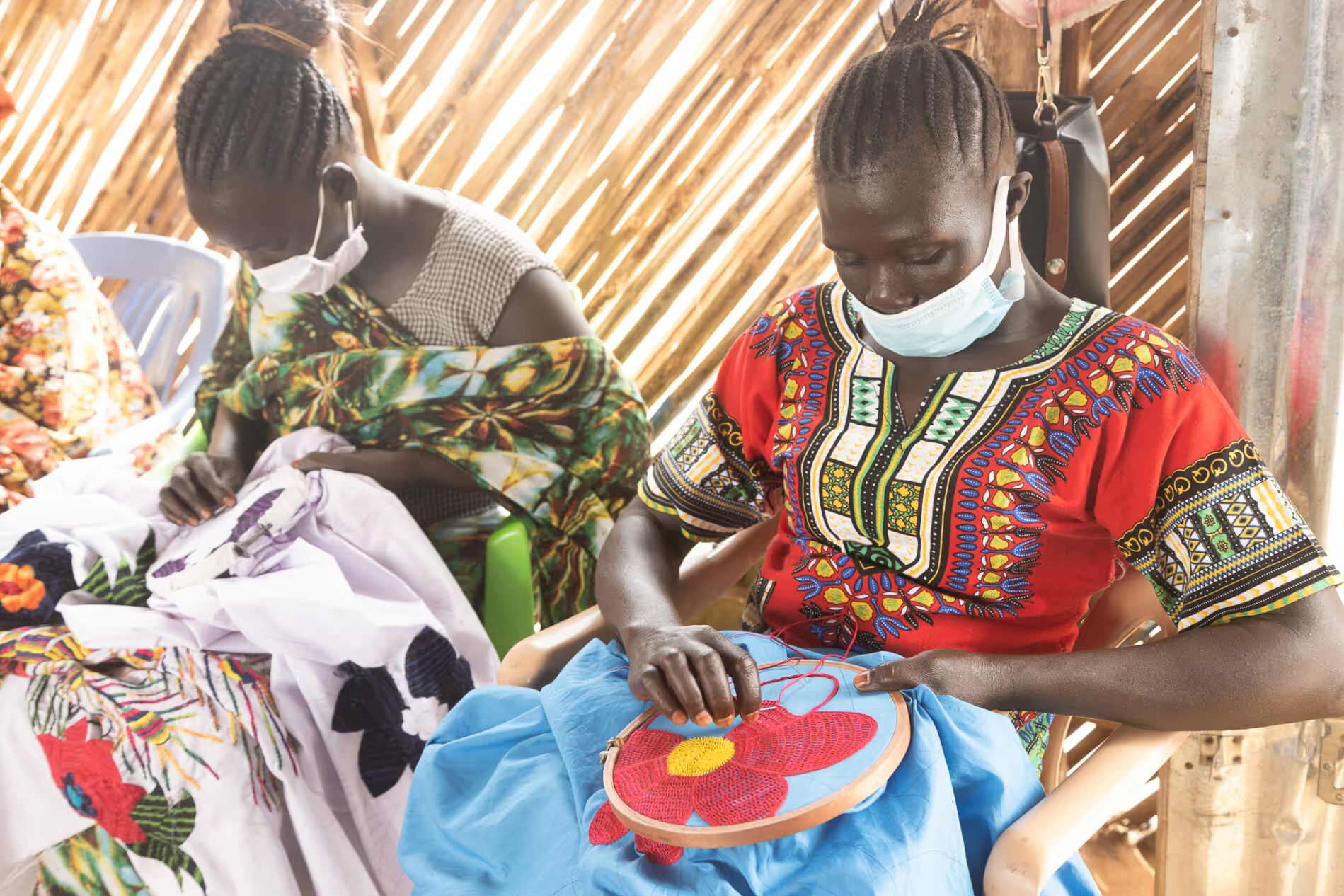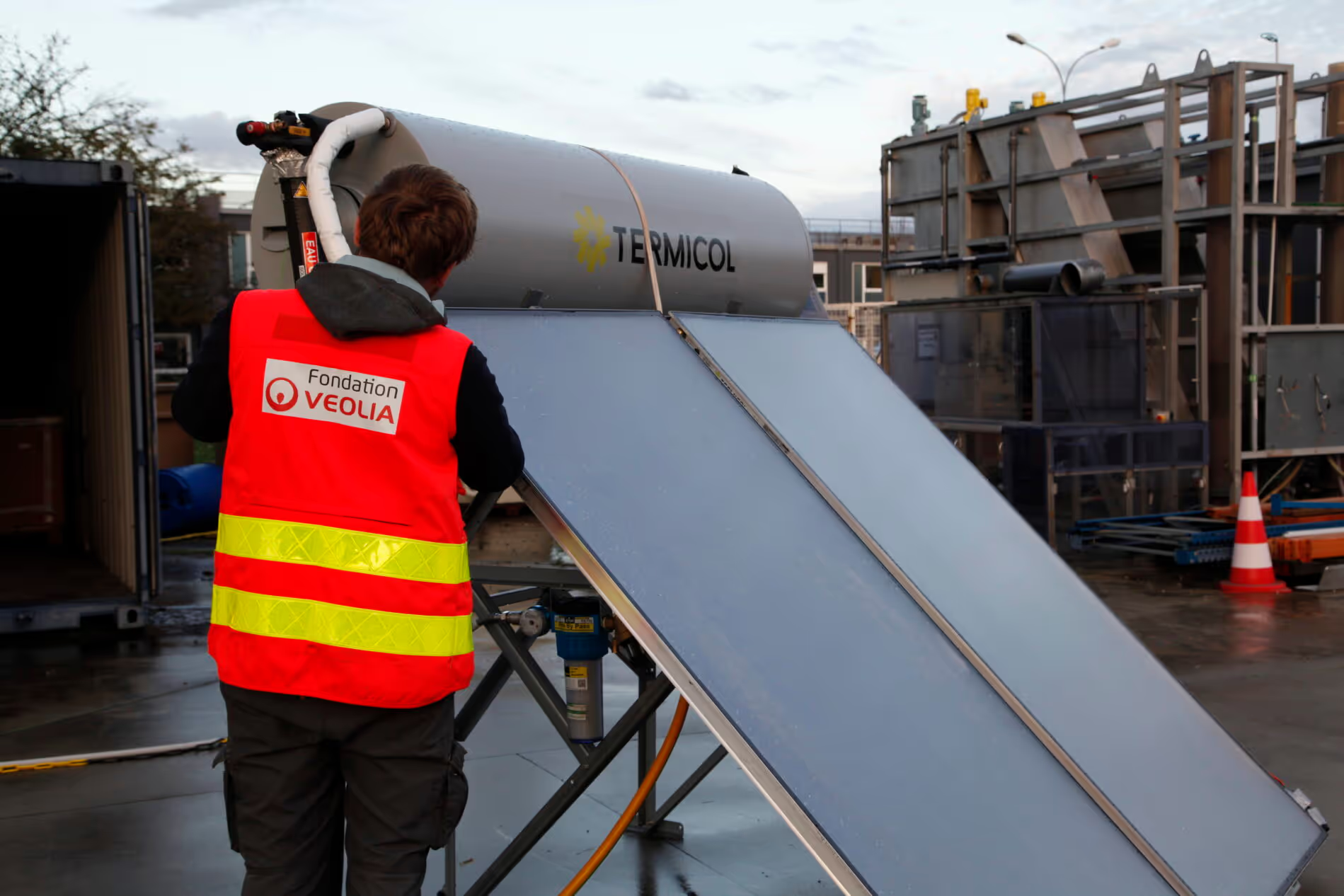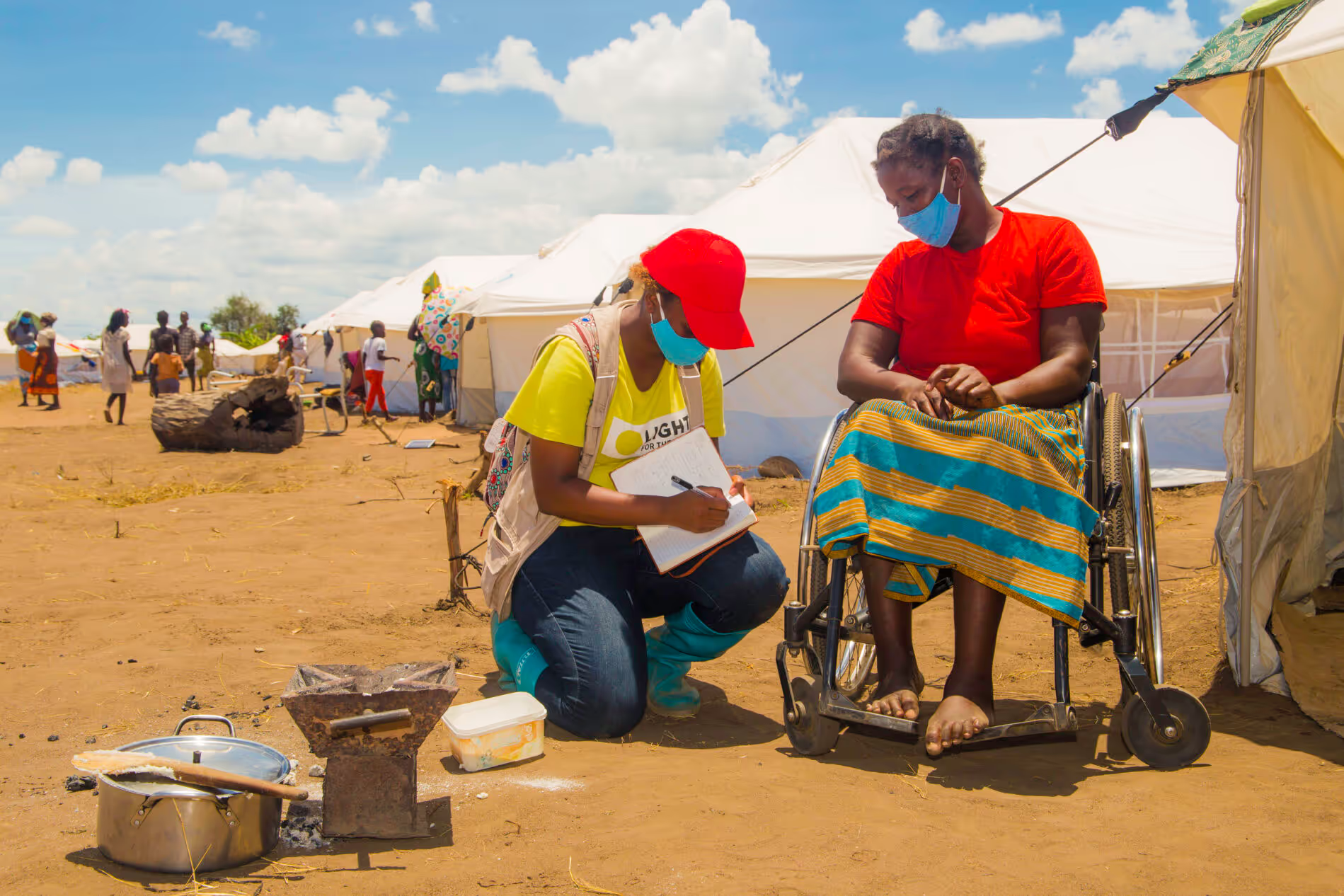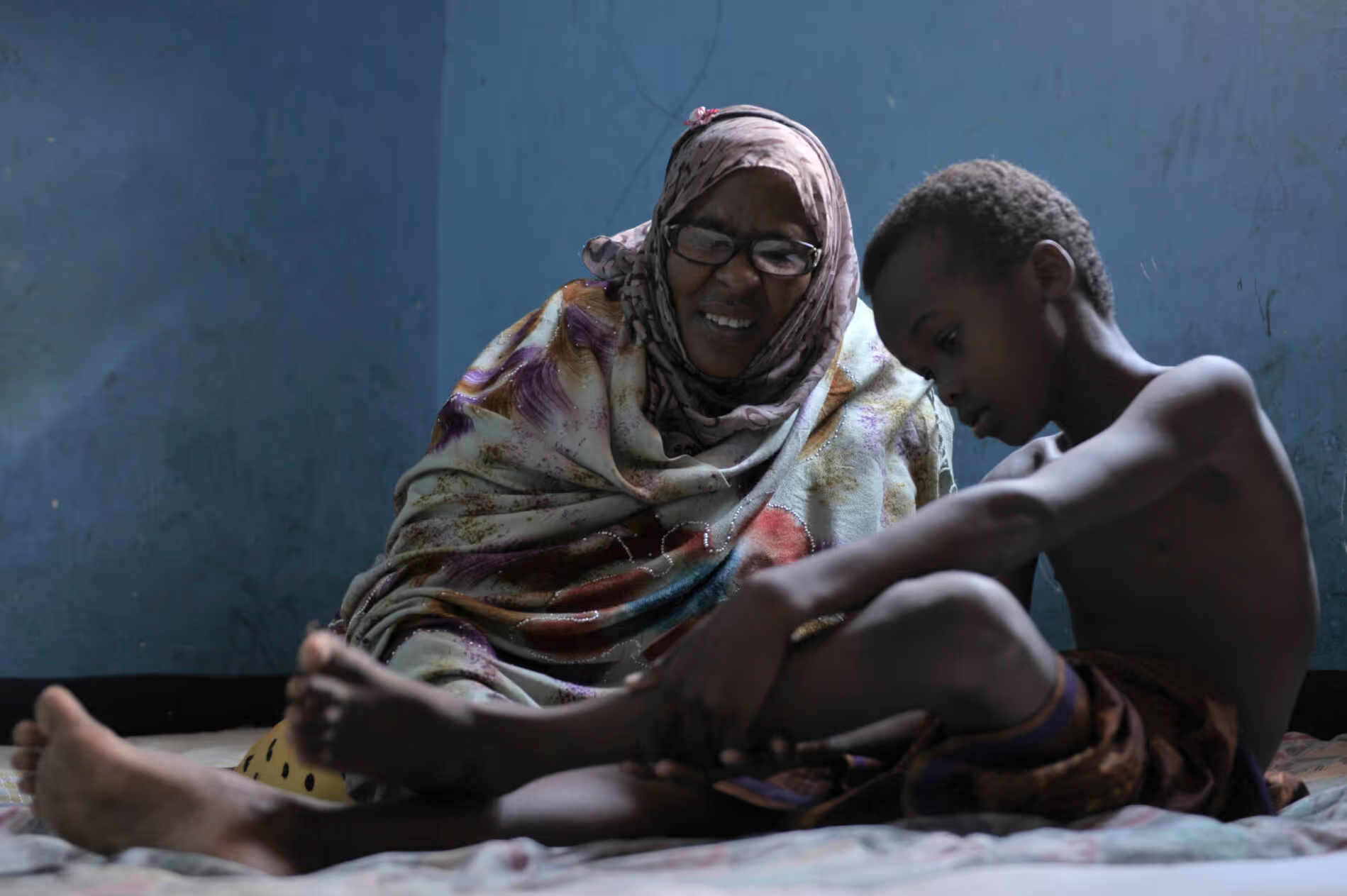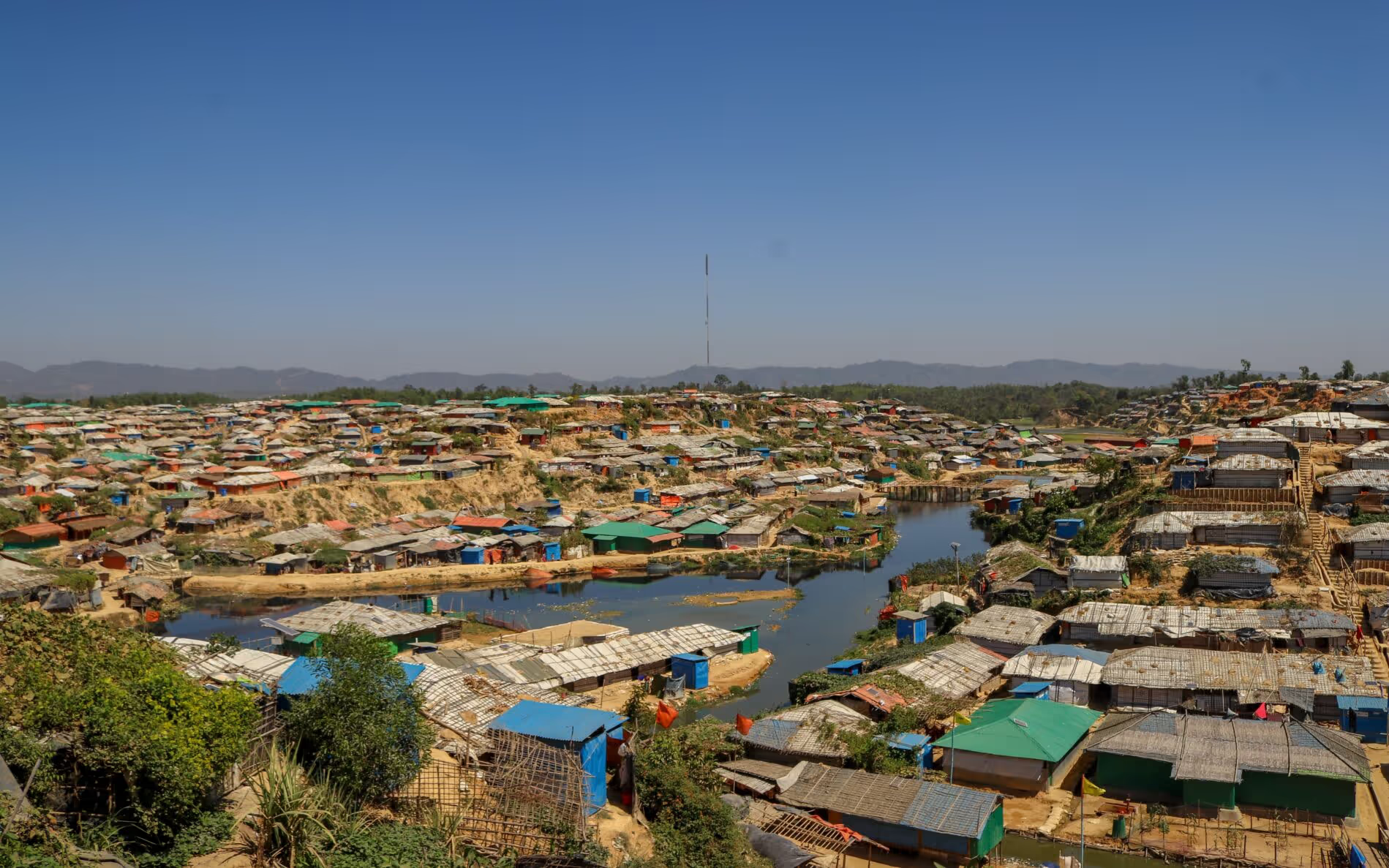Power in their hands: Empowering LBT+ Women in Afghanistan

Project overview
This project seeks to pilot an innovative tech-based case management system to support LBT+ women in Afghanistan at risk of Gender Based Violence (GBV). Involving the distribution of mobile phones, this initiative will enable LBT+ women to connect to case workers to seek direct tailored support, information and safety training services.
Project solution
This project offers [specific solution or intervention] to tackle [challenge]. By implementing [strategies, tools, or innovations], the project aims to achieve [desired outcomes]. The approach is designed to [specific actions or methods] to bring about meaningful change in [community, region, or issue area].
Expected outcomes
This project aims to achieve [specific outcomes], such as [measurable results, improvements, or changes]. The expected impact includes [benefits to the target community, advancements in research or innovation, or long-term effects]. By the end of the project, we anticipate [specific changes or milestones] that will contribute to [broader goals or objectives].
What is the Humanitarian Need being Addressed?
This project addresses an unmet humanitarian crisis in Afghanistan. Other actors on the ground have not managed to effectively reach LBT+ women who are trapped indoors and cut off from support, nutrition, employment, education, and self-determination. Legal and societal restrictions imposed by the Taliban mean women are not able to move around unaccompanied in order to access the limited support available on the ground. We will step in where others have not been able to, to put power back in their hands through connecting them safely to our case workers and to the outside world.
What is the innovative solution and how will it improve existing humanitarian practice?
Our project matches two humanitarian support systems together for the first time, enabled by technology. Safar’s case management system and case worker support framework, currently being tested, will be upgraded and paired with our tech and logistics partner’s delivery network and complementary app-based tracking system – through this new combination, we can for the first time identify LBT+ women for whom technology could be transformative, and within a few days deliver their new equipment safely to them.
Currently, there are several actors working on supporting LGBTQ+ people in Afghanistan, although we have evidence that the Safar standards for safeguarding are not common practice. The Safar case management system is a unique asset, as it allows for the complexity of LGBTQ+ family and partner networks to be accurately and inclusively recorded. We are excited to pilot this new combination of services to bring a lifeline to women who are experiencing and at high risk of GBV.
What are the expected outcomes?
- SAFAR system is upgraded and piloted to directly record and respond to the needs of 55 LBT women from Afghanistan experiencing GBV.
- Effective ways of working are established with SAFAR systems and our tech and logistics partner’s delivery network to reach 35 LBT women from Afghanistan with required tech and resources.
- 15 LBT women at risk of GBV are equipped with tech devices and have access to specialist services and support.
- Safety guidance is informed by experiences of 100 LBT women from Afghanistan to mitigate further risk of harm.
- Recommendations are produced on sustainability and scalability beyond the pilot to reach more LBT women in crisis zones.
Project delivery & updates
Stay up to date with the latest developments from this project. Here, you will find details on what has been delivered, resources created, and regular updates as the project progresses. Access key documents, reports, and other materials to see how the project is making an impact.
